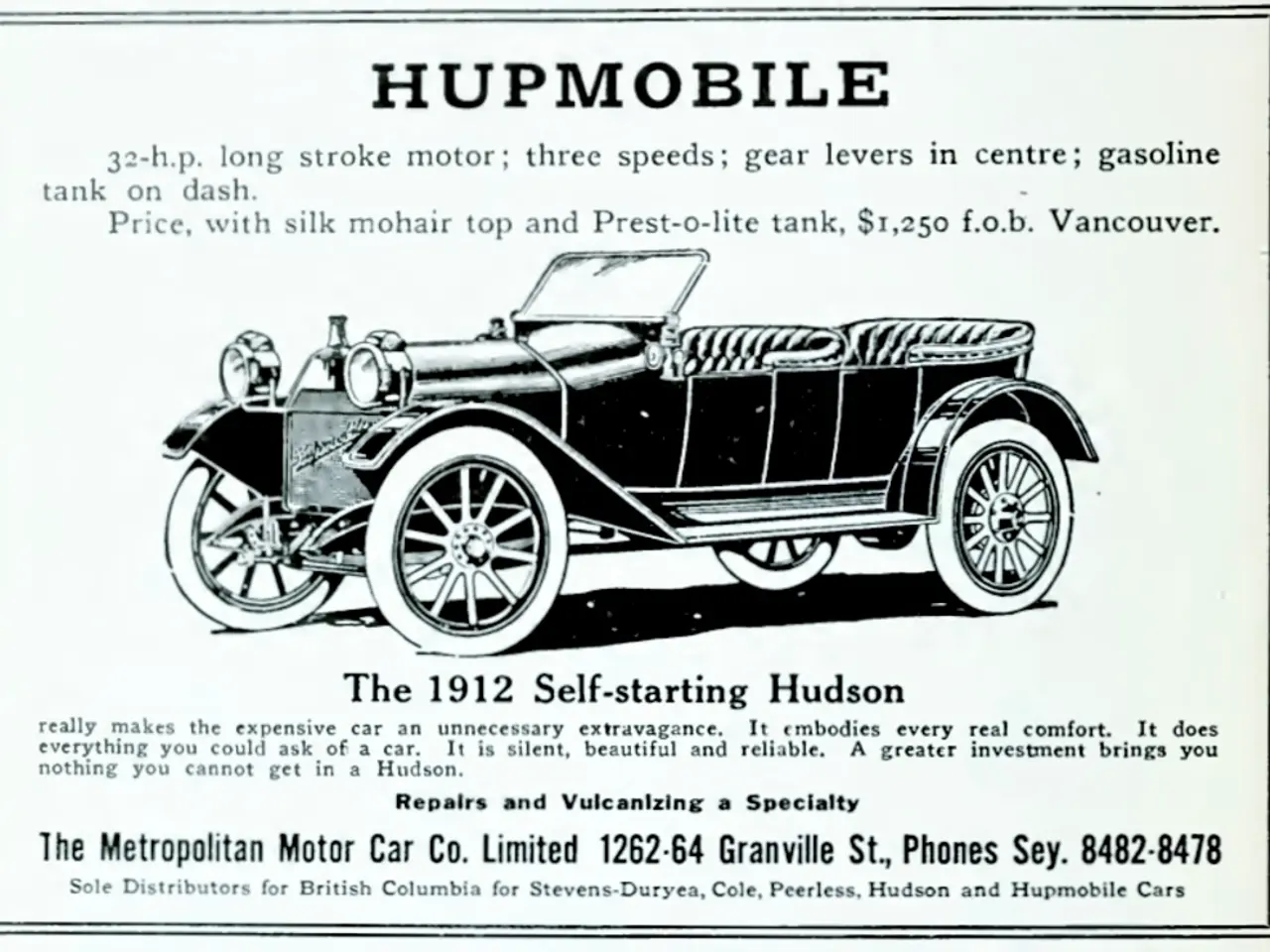Enhanced Telephone Interaction Enhances Customer Loyalty, Study Reveals
=========================================================================================
In the realm of car dealerships, artificial intelligence (AI) is making a significant impact, particularly when it comes to handling service calls. According to a recent study by Pied Piper, AI systems are successfully managing approximately 91% of service-related calls, such as scheduling appointments for routine tasks like oil changes and basic inquiries.
The benefits of AI are numerous. It offers faster response times, 24/7 availability, and the ability to handle multiple calls simultaneously, enhancing the overall efficiency of dealership call centers. Moreover, AI systems can provide a personalised customer engagement experience, making interactions feel more tailored and efficient.
However, AI's capabilities have their limits. When it comes to complex or nuanced queries, such as transmission repairs or interpreting "check engine" warnings, AI struggles. This results in about 9% of calls that it cannot fully resolve on its own.
One of the main challenges persists in the transition from AI to human staff. When AI cannot complete a call, it attempts to transfer to a human, but these handoffs often fail. Common issues include customers being placed on hold for too long (averaging 88 seconds), reaching voicemail, or calls being dropped. This creates customer frustration and lost opportunities if customers hang up or must call back later.
These glitches highlight the need for AI to be used as a tool to augment, not replace, human agents in dealerships. As Cameron O'Hagan, Pied Piper's vice president - metrics and analytics, recommends, AI should be seen as a tool, not a crutch.
This approach is resonating with dealership executives who prioritize service phone-effectiveness measurements, recognising the importance of aftersales revenue. Dealers are improving the phone handling process, without question, according to Fran O'Hagan, CEO of Pied Piper. Other industries Pied Piper works with aren't doing so well in this regard.
The improvements are largely due to a reduced rate of negatives compared to the previous year, such as less time spent on hold and fewer "mission failures." Houston-based Group 1 Automotive ranked highest in this year's telephone effectiveness study, followed by Napleton Automotive Group (based in Chicago), Berkshire Hathaway Automotive (Dallas), and Ed Morse Automotive Group (Delray Beach, FL).
Pied Piper plans to measure and rank dealer online service bookings this fall, further exploring the role of AI in the evolving landscape of car dealership service interactions.
In conclusion, while AI is transforming car dealership call centers, it is not yet perfect. It excels in speed, availability, multitasking capacity, and personalised customer engagement. However, persistent issues are mainly in transferring complex calls to human agents, with transfer failures often causing dropped calls or long holds. As such, AI should be seen as a supportive tool rather than a fully autonomous replacement, to maintain customer experience quality.
Technology plays a pivotal role in enhancing the efficiency of car dealership call centers, with AI systems managing approximately 91% of service-related calls. However, the limitations of technology become apparent when dealing with complex queries, necessitating the need for human interaction to ensure a high-quality customer experience.




